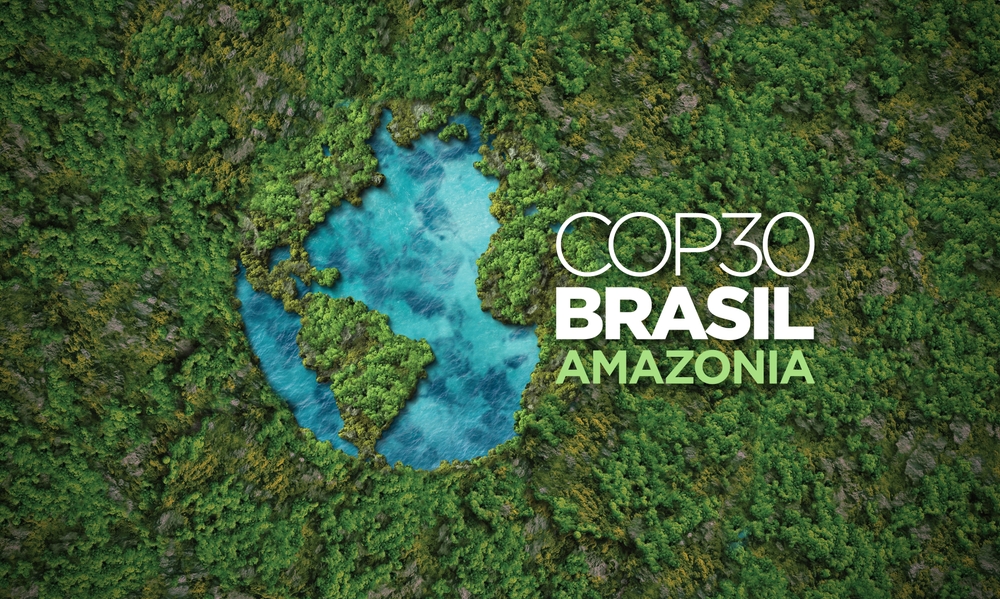On Thursday and Friday, 6th and 7th November, the COP30 Climate Summit will be held in Parque Cidade, the capital of Pará state.
The COP30 conference brings together heads of state, government, ministers, and leaders of international organizations to discuss pressing climate change challenges and initiatives, including forests and the energy transition.
The themes will be forests and oceans on the afternoon of November 6th, energy transition on the morning of November 7th, and the 10th anniversary of the Paris Agreement, NDC, and financing on the afternoon of November 7th.
protect the amazon
Brazil chose the Amazon to host COP30 to highlight the risk that the world’s largest tropical forest could reach a point of no return, with irreversible consequences for life on Earth.
Ambassador Andre Correa do Lago stressed that the Amazon is 75% urban, home to cities, communities and diverse ways of life, and that restoring forests is not just about stopping deforestation, it is about creating solutions.
This position emphasizes the symbolic and ethical importance of choosing a region to host COP30.
The participation of experts, students and local communities during COP30 will deepen the world’s and Brazil’s understanding of the region. “This will change the global perception of Amazon today,” he says.
Efficient fuels are key to the energy transition
Another important topic of this event is the energy transition. Leaders are committed to achieving this by 2030, as outlined at COP30, and stressed that an ecological transformation plan is underway.
The use of transition fuels such as biodiesel and advances in clean energy were highlighted as key drivers of the energy transition agenda.
The announcement follows the revelation that transport at COP30 will be powered by renewable fuel supplied by Petrobras.
A new era of tropical forest governance
The Tropical Forest Finance Facility (TFFF) will also be an important topic on the COP30 agenda.
TFFF is a financing mechanism operated by the World Bank, but priorities and rules are set by forest-owning countries.
This mechanism allocates a portion of resources directly to indigenous peoples and traditional communities, ensuring that these groups play a leading role. According to the authors, the initiative represents a “new paradigm for tropical forest governance.”
Minister of Environment and Climate Change Marina Silva said: “This is a framework born within the Ministry of the Environment, with support from the Ministry of Finance and the Ministry of Foreign Affairs, and has already received initial contributions from Brazil and Indonesia.
“TFFF will allocate 20% of its resources directly to indigenous peoples and local communities.”
Top world leaders demonstrate commitment to tackling climate issues
For Ambassador Lilliam Chagas, MRE’s climate director and Brazil’s negotiator at COP30, hosting the summit in Belem reflects Brazil’s decision to give a strong political dimension to the issue of climate change.
“The world needs to come together to reverse this warming trend. We already have vast rules, norms, tools and mechanisms to help countries reduce emissions and adapt to climate change,” she said.
Source link

